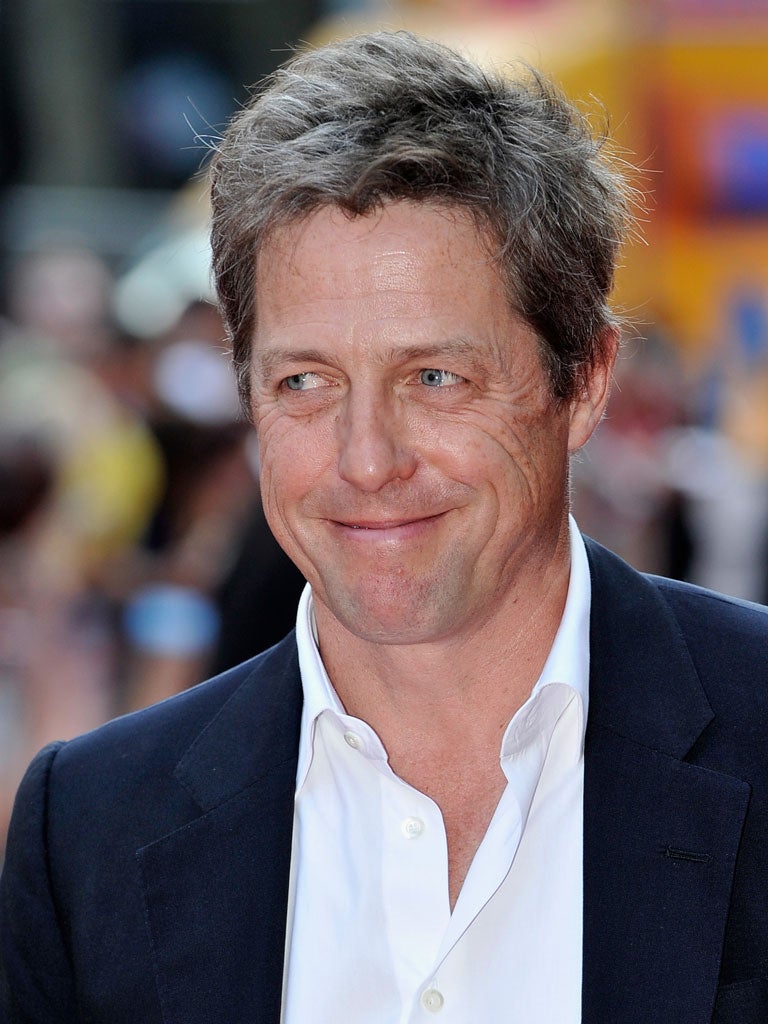2013 - the year in review: Don’t hold the front page yet, as the PCC survives and the BBC wobbles on
Even Tony Hall admitted that his colleagues at the BBC had ‘lost the plot’. One MP called it ‘corporate fraud and cronyism’

This year was the fresh start that wasn’t. The BBC hoped to begin a new chapter after a traumatic end to 2012 that saw its Director General forced to resign over the Savile and McAlpine scandals. New D-G Tony Hall arrived from the Royal Opera House in April with a great reputation and a can-do attitude, but must have been frustrated by his progress in re-energising the organisation.
The Savile story has not gone away. The Operation Yewtree investigation into alleged child abuse has led to charges against other high-profile BBC figures including Rolf Harris. In June, veteran BBC presenter Stuart Hall was jailed for indecently assaulting young girls. In August, former Radio 1 DJ Dave Lee Travis was charged with sex offences not relating to children.
Lord Hall scrapped a failing computer project that wasted £100m. Then BBC bosses were castigated by the National Audit Office and Public Accounts Committee for a culture that saw executives departing with vast fortunes. One MP called it “corporate fraud and cronyism”. Even Hall said colleagues had “lost the plot”.
None of this helps an organisation about to go into delicate licence fee negotiations over its future funding.
This was also to be the year of change in the regulation of the newspaper industry. And yet, to the consternation of Hugh Grant and his chums at Hacked Off, the first anniversary of the Leveson report has come and gone and the old Press Complaints Commission continues to operate.
MPs have tried to force the issue by using the medieval mechanism of the Privy Council to create a Royal Charter for press reform. But the document is being resisted by publishers who spent a busy 2013 drawing up their Independent Press Standards Organisation, which should be operational early in the New Year, though not subject to the charter.
Rupert Murdoch’s British newspaper stable is struggling to move on. The Sun got a new editor in David Dinsmore, and introduced an online paywall. But with ongoing events at the Old Bailey and in other parts of the criminal justice system, News UK looks to the move to the “Baby Shard” at London Bridge to signal a new era.
Youthful global media brands such as BuzzFeed and Vice achieved new prominence. In November, Twitter enjoyed a spectacularly successful IPO while all the tech giants suffered trust issues over revelations of snooping.
Subscribe to Independent Premium to bookmark this article
Want to bookmark your favourite articles and stories to read or reference later? Start your Independent Premium subscription today.

Join our commenting forum
Join thought-provoking conversations, follow other Independent readers and see their replies